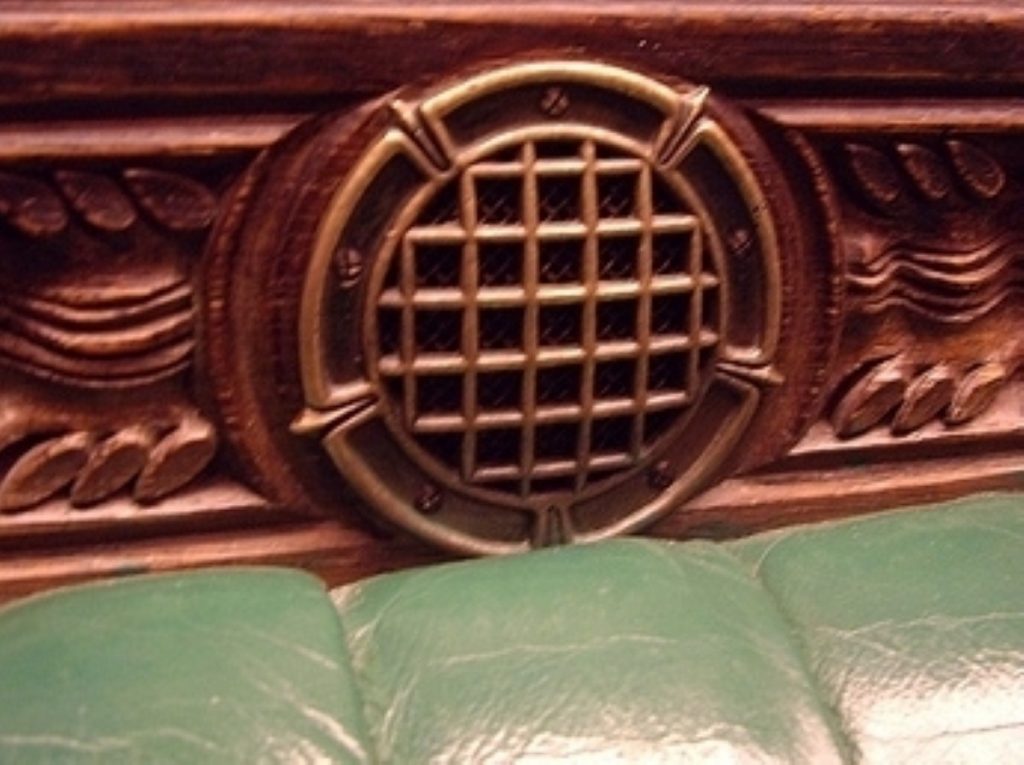Swearing-in reveals frontbench religious divide
The swearing-in of MPs at the start of new parliament has revealed an unexpected religious divide between the Conservative and Labour frontbench teams.
The Cabinet, led by David Cameron, was swiftly followed by the shadow Cabinet in the swearing-in process. MPs who do not participate are not allowed to make speeches or draw a salary.
Whereas a clear majority of the government frontbenchers swore allegiance under the religious form of the oath, the Labour shadow Cabinet was dominated by those who chose to affirm their loyalty in a secular form.


After Speaker John Bercow and the Father of the House Sir Peter Tapsell began the process, the prime minister swore allegiance.
“I swear by Almighty God that I will be faithful and bear true alliegiance to Her Majesty Queen Elizabeth, her heirs and successors, according to law. So help me God,” Mr Cameron said.
Deputy prime minister Nick Clegg, who only arrived in the chamber with seconds to spare before his turn, chose to affirm instead.
“I do solemnly, sincerely and most and affirm I will be faithful and bear true allegiance to Her Majesty Queen Elizabeth, her heirs and successors, according to law,” he said.
Apart from Oliver Letwin, who chose to affirm using the non-religious oath, all the Conservative Cabinet members who followed chose the religious form.
Senior Liberal Democrat figures Vince Cable, Danny Alexander, David Laws and Chris Huhne within the Cabinet also preferred the religious oath.
When Labour shadow Cabinet ministers began swearing-in a very different picture emerged, however.
Not all were present. But David Miliband, Alistair Darling, Harriett Harman, Alan Johnson, Hilary Benn, Yvette Cooper, Bob Ainsworth and John Denham all successively chose to affirm rather than swear allegiance.
Former culture secretary Ben Bradshaw chose the religious oath. So did ex-Northern Ireland secretary Shaun Woodward.
The swearing-in is set to continue into this evening before resuming tomorrow.
One backbench MP was caught on microphone observing: “Presumably in other times in our history the oath has been used to work out who is Catholic, who is Anglican, and all that?”
“Or who’s religious and who’s not,” the clerk suggested.









